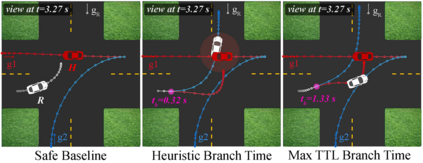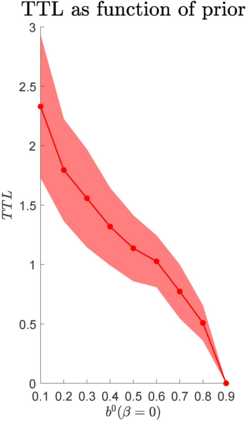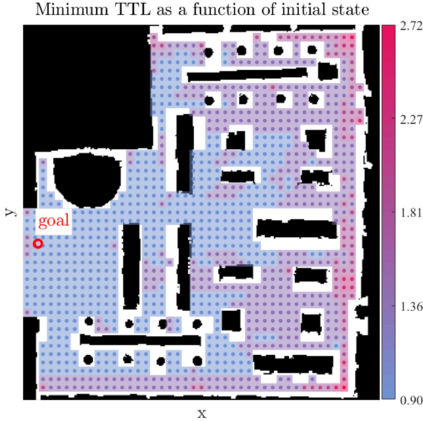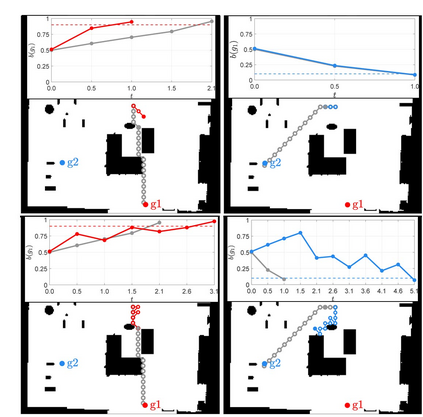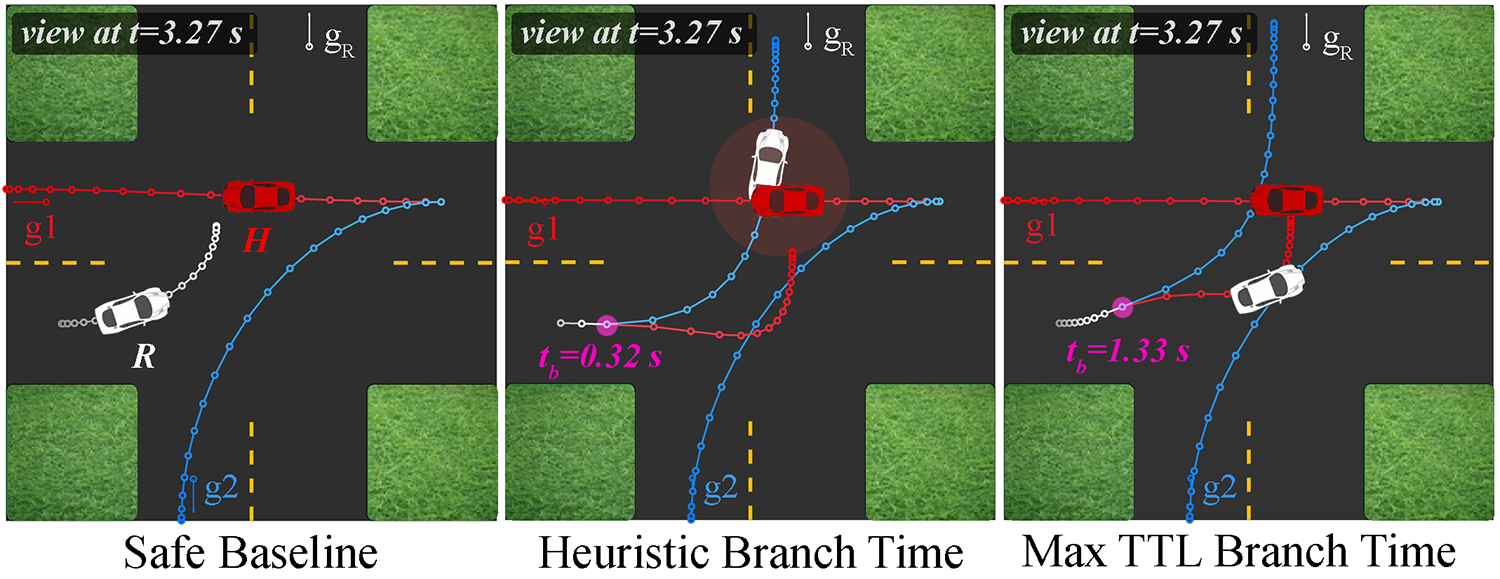Predictive human models often need to adapt their parameters online from human data. This raises previously ignored safety-related questions for robots relying on these models such as what the model could learn online and how quickly could it learn it. For instance, when will the robot have a confident estimate in a nearby human's goal? Or, what parameter initializations guarantee that the robot can learn the human's preferences in a finite number of observations? To answer such analysis questions, our key idea is to model the robot's learning algorithm as a dynamical system where the state is the current model parameter estimate and the control is the human data the robot observes. This enables us to leverage tools from reachability analysis and optimal control to compute the set of hypotheses the robot could learn in finite time, as well as the worst and best-case time it takes to learn them. We demonstrate the utility of our analysis tool in four human-robot domains, including autonomous driving and indoor navigation.
翻译:人类的预测模型往往需要从人类数据上调整其在线参数。 这为依赖这些模型的机器人提出了先前被忽视的安全相关问题, 比如模型可以在网上学习什么, 以及它能多快地学习。 例如, 机器人何时能对附近的人类目标有自信的估计? 或者, 哪个参数初始化可以保证机器人能在有限的观察次数中学习人类的偏好? 为了回答这样的分析问题, 我们的关键想法是将机器人的学习算法建为一个动态系统, 其状态是目前的模型参数估计, 控制是机器人所观察的人类数据。 这使我们能够利用各种工具, 从可及性分析和最佳控制中, 来计算机器人在有限时间内可以学习的假设, 以及最差和最容易发生的时间。 我们展示了我们分析工具在四个人类机器人领域的效用, 包括自主驾驶和室内导航。

